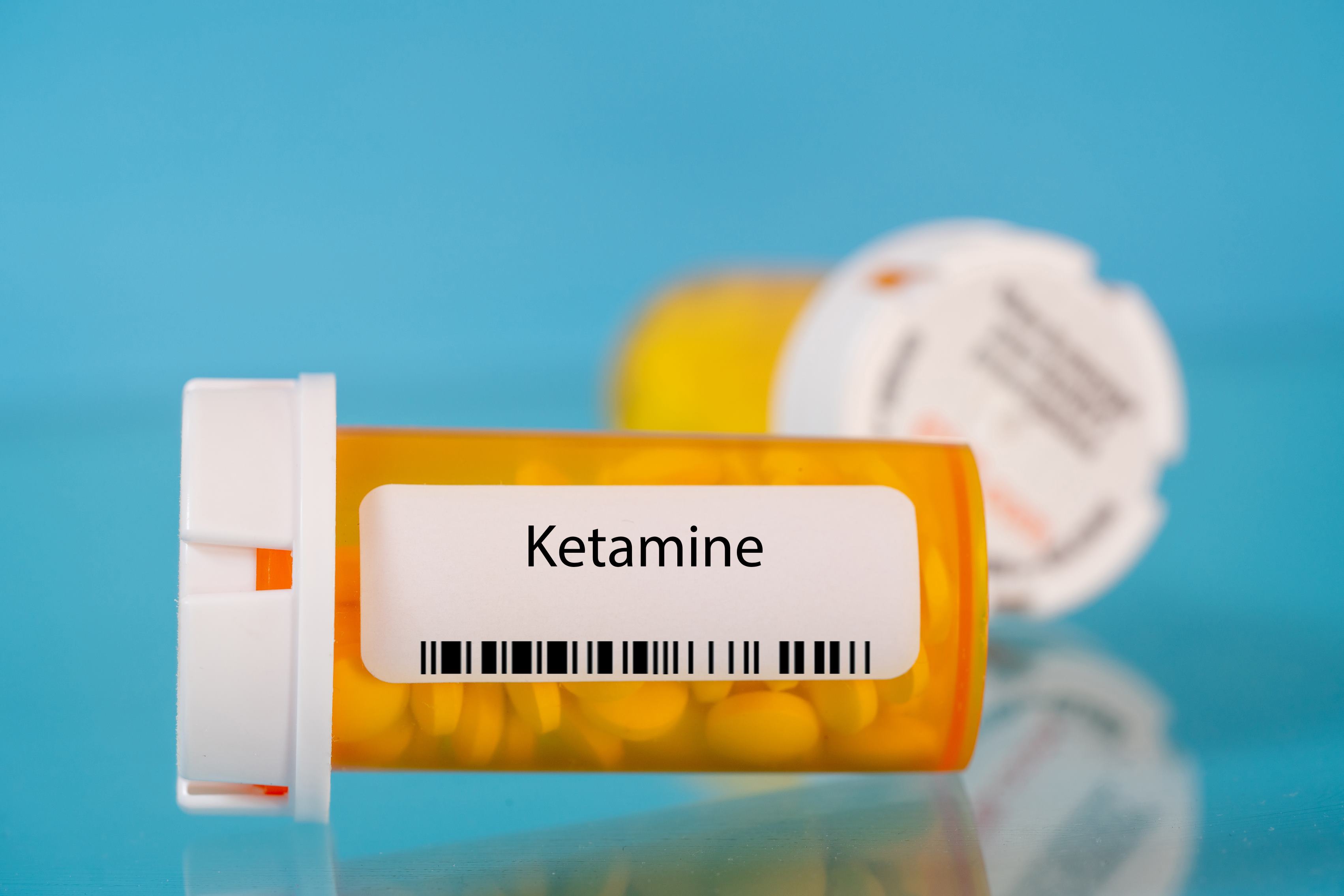Ketamine in pill form is effective and safe against depression resistant to other treatments
Ketamine extended-release tablets are effective, safe and well tolerated in patients with depression resistant to other treatments, according to a phase 2 clinical trial. Compared to intranasal or intravenous use of ketamine, these oral tablets are easier to administer and would provide less dissociative intensity, lower risk of abuse and cardiovascular adverse effects, the authors write in Nature Medicine.

Paul Keedwell - ketamina tableta EN
Paul Keedwell
Consultant Psychiatrist and Fellow of the Royal College of Psychiatrists
This novel study further underlines the impressive antidepressant effect of ketamine, but in the much more convenient and acceptable form of a slow-release tablet.
Over seventy per cent of depression sufferers who had failed to improve with an average of over 4 different antidepressants responded to oral ketamine and over 50% went in to complete remission.
In addition, the researchers demonstrated a major upside of oral ketamine - that side effects did not separate significantly from placebo. In other words a ketamine tablet, as opposed to an infusion, is well tolerated. This is consistent with previous research.
The study addressed the thorny issue of maintaining improvement after the initial response. Their results suggest that many will continue to do well with longer term treatment, provided higher doses are used, but more research is needed with higher numbers of patients.
A potential downside of taking oral ketamine is that there are likely to be large individual differences in absorption and metabolism, so further research is needed to determine the ideal dosing regime.
Rupert McShane - ketamina pastillas EN
Rupert McShane
Consultant Psychiatrist at Oxford Health NHS Trust and Associate Professor at Department of Psychiatry, University of Oxford
The place of ketamine in the pathway for treatment resistant depression is unclear. Two recent studies show that, when given intravenously it is at least as effective as ECT in people under 50 years. Unlike ECT, it does not cause memory problems. Whilst the cost of intravenous ketamine is about £10 per dose, administering it in clinic is itself costly and inconvenient. Esketamine nasal spray is licensed for people who have not responded to at least two antidepressants but is not available on the NHS because of the cost of the drug (up to £489 per dose). This study confirms that oral ketamine, like intravenous ketamine, is an antidepressant but that the effect depends on the dose. The results are good enough to justify the larger phase 3 trials that will be necessary for a licence for the 180mg twice weekly dose. Given the ease with which people may choose to take two tablets if they do not benefit from one tablet, regulators may be interested in the benefits and risks of higher doses.
Rupert McShane runs a clinic in Oxford providing ketamine as a treatment for depression. He runs an academic conference about ketamine. He is leading a proposal for intravenous ketamine to be repurposed as an alternative to ECT.
Paul Glue et al.
- Research article
- Peer reviewed
- Randomized
- Clinical trial
- People



